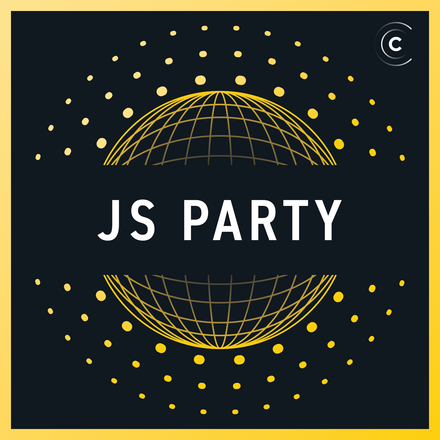We are a party-themed podcast, so FUN is at the heart of every episode. One way we keep things fun is by mixing it up and trying new things.
We play games like JS Jeopardy… (clip from episode #112)
debate hot topics like should websites work without JS… (clip from episode #87)
discuss and analyze the news… (clip from episode #94)
share wisdom we’ve collected over the years… (clip from episode #106)
interview amazing devs like John Resig and Amelia Wattenberger… and a whole lot more.
Oh, and did I mention we record the show live? You can be part of the hijinx each and every Thursday at changelog.com/live.
This is JS Party! Please listen to a recent episode that piques your interest and subscribe today. We’d love to have you with us.


